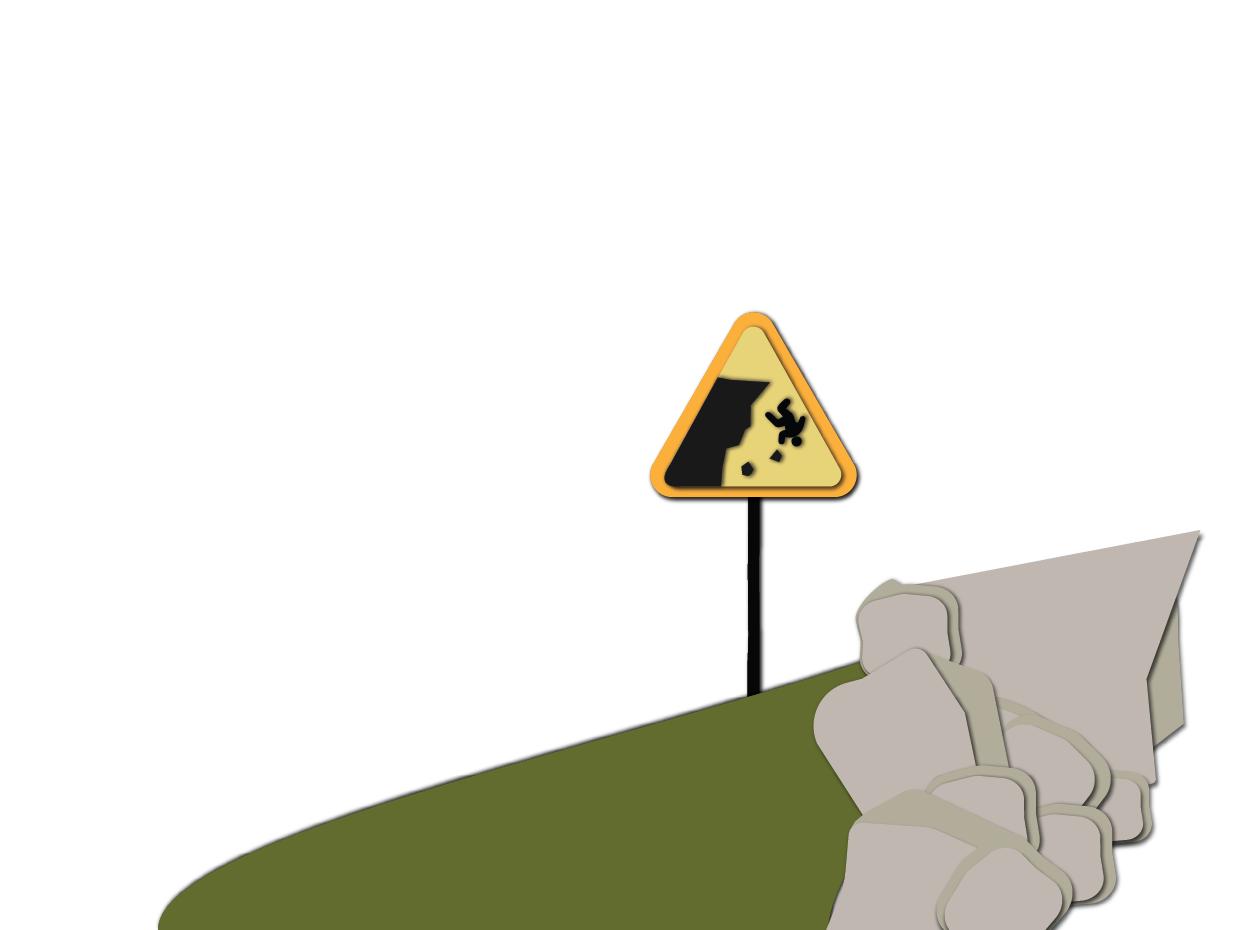The only thing worse than being a victim of a scam once, is being ripped off twice. Unfortunately, this happens to about one out of every three victims of fraud.
On this page you’ll find
Recovery room scams happen to about one out of every three victims of fraud. Some scammers sell their victim’s contact details to other scammers. This second set of scammers pretend to be good guys who promise to help the victim get their money back from the original scammers, for a recovery fee. This is sometimes called a recovery room scam. Once the fee is paid, the scammer disappears with the recovery fee and the victim never sees that money or the original amount they lost again.
What is a recovery room scam?
Imagine that you have already fallen for a scam. Perhaps someone has convinced you to invest in a company that turns out to be fake. You lose some of your hard-earned money. You may be feeling angry, embarrassed and worried about paying the bills. You can’t believe this happened to you and you desperately want your money back.
Then one day someone contacts you. They might tell you they work for a bank or law enforcement. They convince you they are trustworthy and need your help to catch the people who took your money. And the person will say that they can help you get your money back. All you need to do is pay them a fee to help recover your money.
Key point
Being a victim of fraud can lead to feelings of shame and stress. Recovery room scams exploit these feelings by offering what seems like an easy way out.
Five tips to avoid being fooled twice
1. It’s okay to be cautious. Be wary of anyone contacting you who:
- Claims to be with the police, government agencies like Canada Revenue Agency, a bank, a collection agency or securities regulator but you cannot confirm who they are or who they work for.
- Knows details about your lost money but you have never connected with before.
- Promises to get your lost money back for a fee.
2. Be suspicious of anyone promising to help you get back money you were scammed out of:
- Don’t be afraid to hang up the phone.
- Think about how anyone else could legitimately know that you’ve been a victim of fraud, especially if you didn’t report it.
3. Do not share information with anyone unless you can confirm who they are:
- Always independently check information. Contact the real organization that the person claims to be with to ensure you know who you are dealing with.
- If organization is unknown, don’t bother checking, just hang-up and move on.
- Do not trust any confirmation contact information provided by the potential recovery scammer. Scammers may give you the name of an accomplice who will verify the scammer as legit, but of course they are in on the scam.
4. Never pay a fee to anyone who says that it’s needed to recover money you lost to a scammer.
5. If you have any suspicions that you may have been in a victim of fraud, please reach out to our Contact Centre at the Ontario Securities Commission: 1-877-785-1555.
Take action
Remember that if you’re being pressured to take action quickly, this is one of the 4 signs of investment fraud. If you think you’ve been approached by a fraudster, take action and report it.
